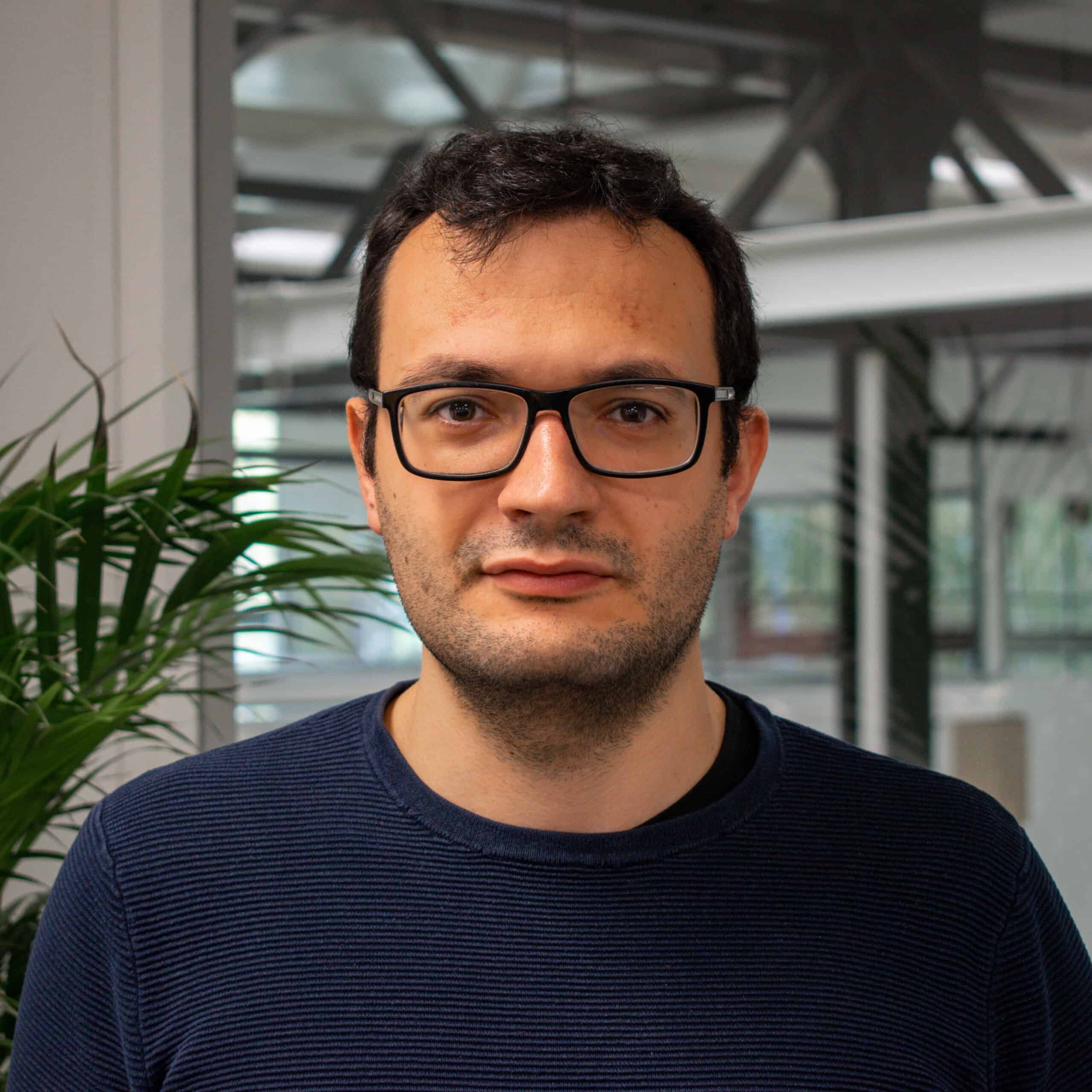
Did you know that 80 percent of the olives processed for oil production go to waste? When processed for oil production, olives’ yield is 20 percent, and the remaining part, called pomace, is considered a low-value sidestream. However, pomace still contains plenty of nutrients and natural compounds get lost every year. Not anymore, as Gaia Tech is upcycling this sidestream into natural preservatives for foods or as ingredients for cosmetic products.
- Gaia Tech upcycles olive pomace into natural preservatives and cosmetic ingredients.
- The startup designed a process to extract antioxidants from olive oil production leftovers.
- Olive mills see pomace as a burden; Gaia Tech offers a solution to revalorize their waste.
The ETH Zurich’s spin-off designed a procedure to extract polyphenols out of olive oil sidestream that is hard to manage for olive producers, too. The company, co-founded by Enrico Tenaglia, Samuel Bühlmann, and Claudio Reinhard, has achieved encouraging results since its founding in 2021. Last June, it won the De Vigier Award, worth 100,000 Swiss francs, and received 480,000 more from several investors the following month.
Valuable side streams
In producing olive oil, different procedures exist. For instance, the two-phase extraction system is the most common in Spain. This process has olives as the only input and oil and sludge as the output. The three-phase system is predominant in Italy, comprising water as an additional input, resulting in oil, the aqueous sidestream, and the solid one. At the moment, Gaia Tech mostly works with Spanish olive side streams.
“What we do is to take this side stream, treating it to separate the liquid part from the solid one, further processing the liquid one. Olive’s antioxidants are hydrophilic, thus ending up in the watery part. Next, through our in-house biosorbent, we can extract all the compounds we are interested in,” Reinhard explains.
After performing this solid-phase extraction process, the result is a crude extract, bitter and not yet ready to be used for food and cosmetics. The crude extract gets further purified to reduce bitterness and its color to make it suitable for different applications. Depending on the application needs, Gaia Tech can get out of their process a liquid active ingredient for cosmetics or a powder that works as a natural food antioxidant.

Relieving from a burden
For olive mills, disposing of pomace often represents a burden. “They are in a situation where they need to pay someone to collect pomace, which sometimes does not even get collected reliably. As pomace piles up, they might even be forced to stop production, resulting in huge losses for them,” underlines Reinhard.
That is where Gaia Tech comes in, offering a solution to help them. Many olive oil producers reached out to the Swiss company to show their interest in the technology, which the team wants to perfect and later upgrade to offer an all-in-one solution.

Circular approach for olive oil sidestreams
Gaia Tech stemmed from Phenoliva, a project funded by the European Institute of Innovation & Technology Food (EIT Food). Eight partners from five European countries participated in the consortium, which tested a fully circular approach for revalorizing olive oil’s sidestream. Extracting antioxidants was part of this circular approach, too. Then, the extracts went to food industry partners that used them in producing and prolonging the shelf life of mayonnaise, margarine, and cereals, to name a few. The remaining biomass served for biogas production and as a soil conditioner for the olive field, closing the circularity loop.
“Currently, our focus is on antioxidant extraction and commercialization, but we still have in mind to take this whole circular approach forward,” says Gaia Tech’s founder.
Managing olive side streams was the master thesis’s topic of Reinhard, a mechanical engineer by training. After his studies, he joined the biochemistry lab of the Swiss university, where he found in food biochemistry professor Laura Nyström, a partner with food knowledge. The two then initiated the Phenoliva project.

Olives first, coffee later
With olive harvest season almost in full swing, Gaia Tech is set to start a test with an olive cooperative in San Marino. The pilot will help the company upscale its production process and get a production batch for early customers. “The food industry is very interesting for us in the long term. It is a market with high volumes but challenging regarding profitability and regulations. As a startup, it is hard to enter this market without having an approved ingredient,” the engineer clarifies.
By contrast, the cosmetic industry presents lower barriers to entry. Olive extracts have valuable antiage properties that can be used for producing creams, for instance. “It is a very attractive entry market, with small volumes and higher margins. At the moment, we are pushing on entering this segment with our products, reaching potential customers, and adapting our products to their needs,” Reinhard goes on explaining.
Gaia tech believes that similar extraction processes could be applied to other agricultural side streams, such as the ones of cocoa, coffee, and fruit juice production. Pomace remains the priority for now, hoping to revalorize food sidestreams one step at a time.

